Basing a show’s success on viewer satisfaction is a tricky proposition.
TV history is rife with bizarre and nonsensical occasions that make sense only within the numbers — sometimes, not even then.
Firefly is a legendary example of this. It had a loyal fanbase and critical acclaim, but Fox nonetheless cut its legs out from under it.
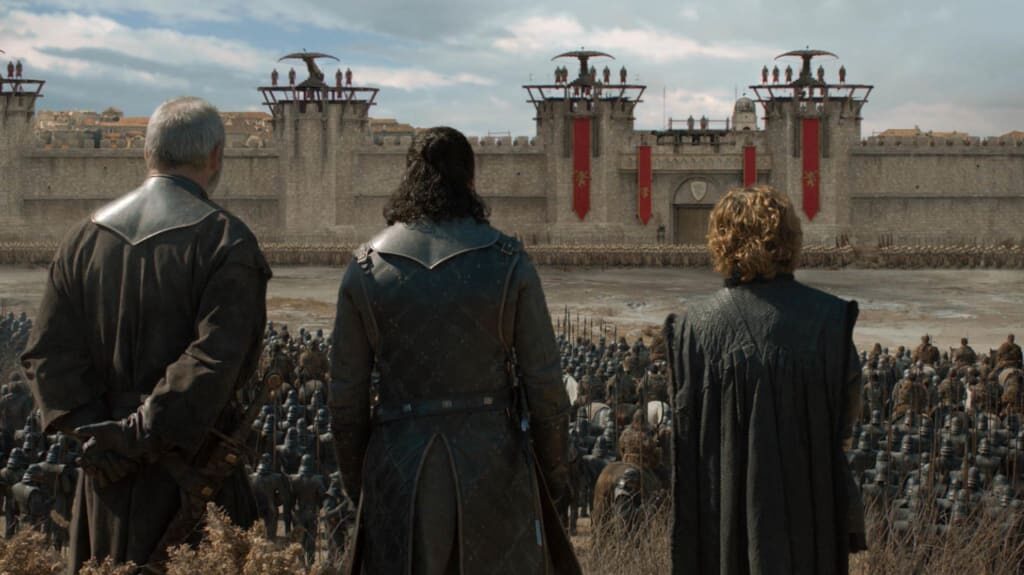
There are countless instances of relatively popular programs ending on massive cliffhangers, never to return.
Then there are the shows that audiences hate, yet a new season is in the works each and every year.
There’s a great deal of head-scratching here, so the ultimate answer is yes.
A show can succeed if viewers aren’t satisfied, and for several reasons that make more sense in context. The virulent nature of news, audience vs critical reactions, and, of course, money play their roles.
People also tend to be forgetful. We’ll break it down further below, but Game of Thrones is a perfect example of this.
Audience Versus Critical Response and Rankings
Critical response tends to drive viewership rankings in the beginning, with a show’s initial success driven by viewers’ interest, which often comes from reading reviews.
When a show is bad, the audience plummets with each succeeding episode.
The Wheel of Time is an accurate illustration of this. Love it or hate it, 55.7% of the audience didn’t return for season 2, according to Nielsen’s weekly minutes viewed.
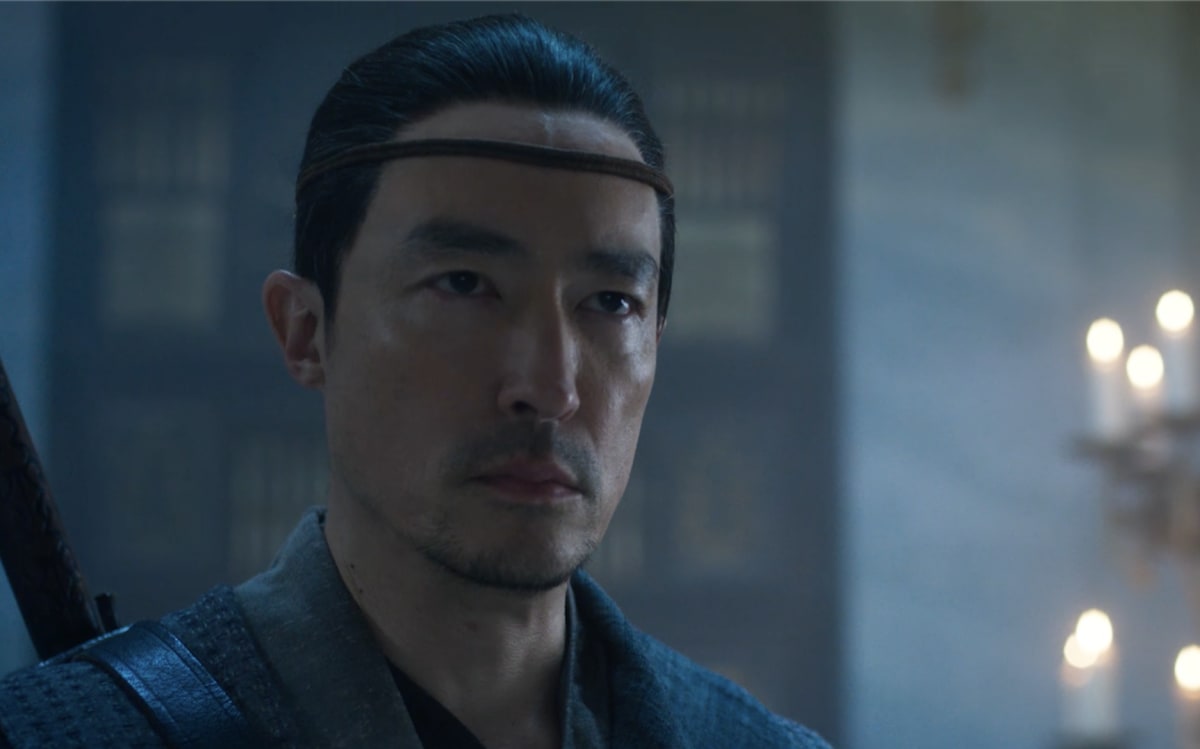
It also saw a massive drop at the week three mark and another significant drop at week four. The Rings of Power was stable from week one to two, dropped off somewhat in week three, and saw a more severe drop in week eight.
Despite this, Wheel of Time is returning for Season 3, and The Rings of Power will kick off another season as well. Successful? You be the judge.
The overall critical response for both shows is positive.
The Rings of Power holds an 83% critic rating on Rotten Tomatoes and a 38% audience score. The Wheel of Time, despite its massive drop-off, has a 70% audience score and an 83% critical score.
Despite the ups and downs, Amazon is heavily invested in the show and is reluctant to toss all that money into the garbage disposal.
The initial success of both shows is also a driving factor.
Plus, there is a degree of strategic decision-making, in terms of franchise potential, that we simply aren’t privy to.
The Forgetfulness of the Audience
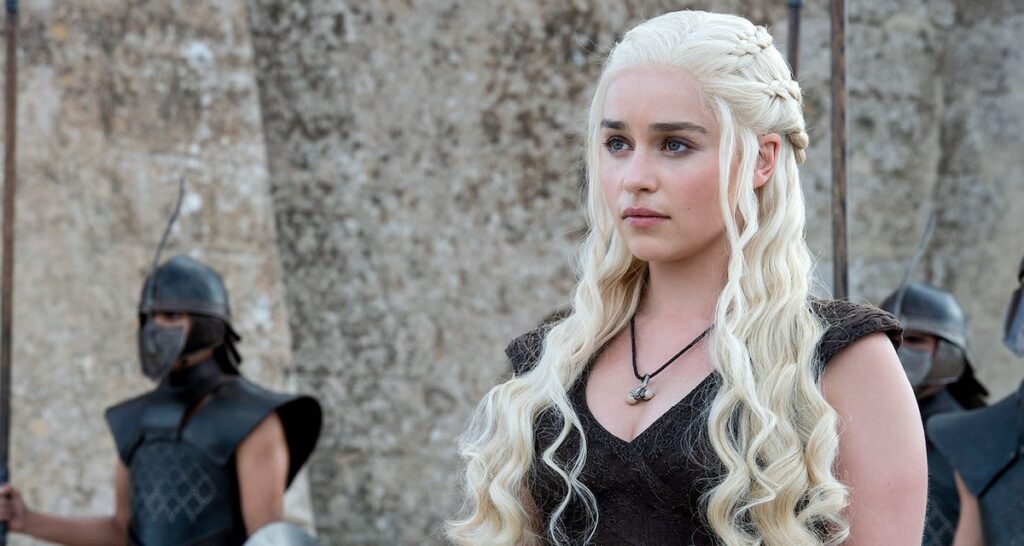
Sometimes, it is astonishing to see a show’s massive success, only for viewers to loathe it a few years later. Game of Thrones is the show that immediately springs to mind.
Its final season, and arguably the two prior seasons, were rushed and nonsensical.
The quality of the dialogue took a nose dive, and the decision-making process among well-established characters went off the rails.
Now, whenever people talk about Game of Thrones, it’s the damning aspects of the final few seasons that infect the conversation.
However, by every measure, Game of Thrones was a massive success.
House of the Dragon owes its existence to Game of Thrones. Even some of the shows Max ultimately canceled owe their considerations to the show that started it all.
Heroes, True Blood, Lost, Merlin, and The Sopranos are examples of the same, to varying degrees.
If the show leaves the audience with a bad taste in their mouths, all the good things that came before become irrelevant.

All of these shows were successful (some of them massively so) despite the current sentiment.
Successful Shows That Viewers Panned
Often, it’s difficult to tell the difference between review-bombing and overall fan dislike because two things can happen simultaneously.
Fans can react negatively to a show and review-bomb it.
On the other hand, showrunners and media coverage are more than capable of blaming review-bombing for distracting from relevant and extensive viewer dislike.
Star Trek Discovery ran from 2017 to 2024, a success in most measures.
Discovery may not be a groundbreaking, knock-down-doors, runaway success, but you don’t get nearly a decade of run time for an abysmal failure.
The Witcher makes for a weaker argument but is still part of the conversation.
Despite fan outcry over changes to the source material (and some of those changes are indeed extensive), the show is coming back for fourth and fifth seasons.
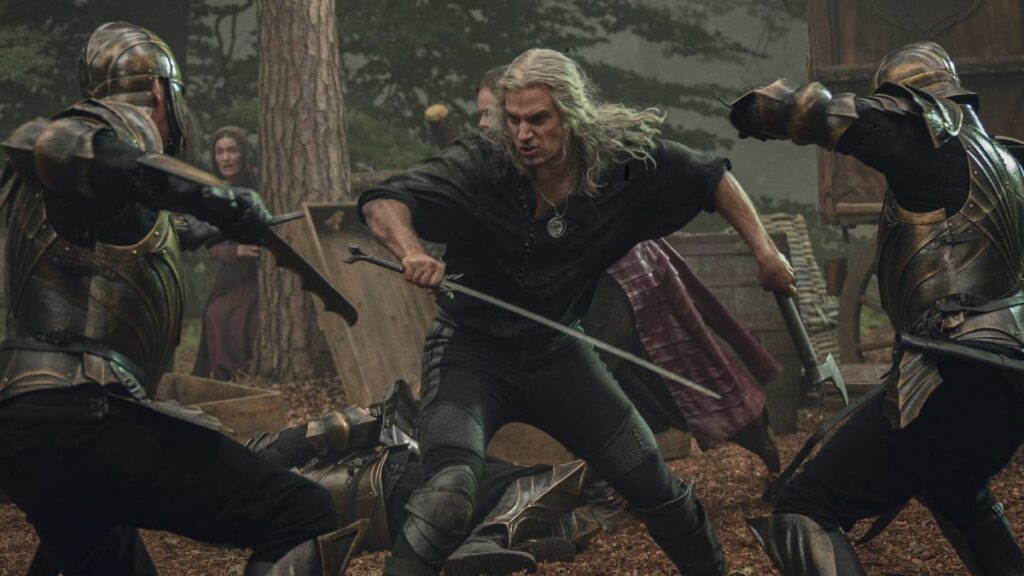
With Henry Cavill out and Liam Hemsworth filling the role, it’s hard to see if the show’s early success will translate to positive returns from the viewers.
Riverdale is another good example of a show finding success despite its viewers.
With nearly an equal runtime to that of Star Trek Discovery, Riverdale had a loyal fanbase, though its audience review score sits at 47%.
Bad Shows Can Right the Ship
Lastly, there are popular series that didn’t begin that way.
A show’s success isn’t always dictated by a fantastic start, and viewers appreciate a comeback story.
Believe it or not, Full House didn’t start off as a great show that drew in viewers like a magnet.
After a lackluster first season, the showrunners made some alterations to the characters, including a haircut and a job change.
Fans originally felt that Fringe was nothing more than an X-Files ripoff.
Early on, It had a monster-of-the-week format, just like The X-Files.
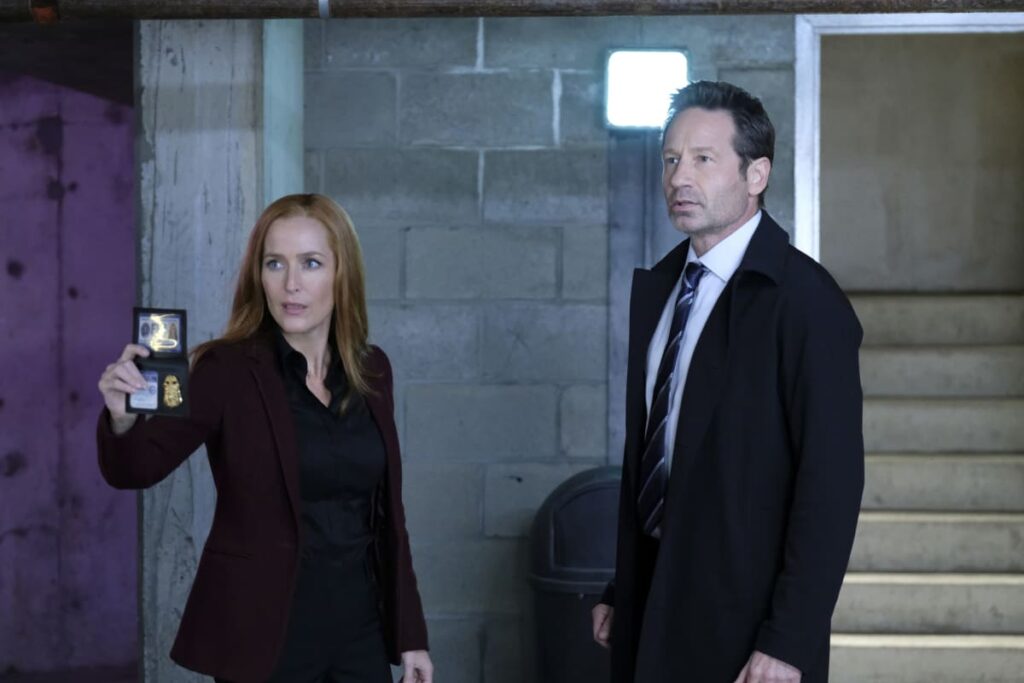
It wasn’t until they ditched it in favor of a singular, more complex storyline that Fringe truly took off. This is especially true with the mystery of the alternate reality.
Other notable shows, such as Torchwood, Happy Days, Family Matters, and Parks and Recreation, fared badly out of the gate but recovered when changes were made.
Most shows will flounder when the going gets tough or disappear entirely after a rocky premiere season. But these prove that a show’s success can change despite the dissatisfaction of viewers.
However, it’s definitely not proof that it happens all the time or that there is any sense behind many of the decisions made throughout the entertainment industry.
Sometimes, shows just don’t work out, and sometimes, they do, despite the odds stacked against them.
Is there a show that grew on you over time or one that you initially couldn’t stand, only to change your mind later?
Drop a comment below and tell us your own experience!
